- Need Free Consultation?
International Projects
- Home
- International Projects
Agriculture and Food Security
Developmental Work
Arc Horizon provides technical and social development related expertise on development work in Africa, the Caribbean, and Central and South America. Our experiences and knowledge on development related issues are key to the innovative tailored solutions we provide.
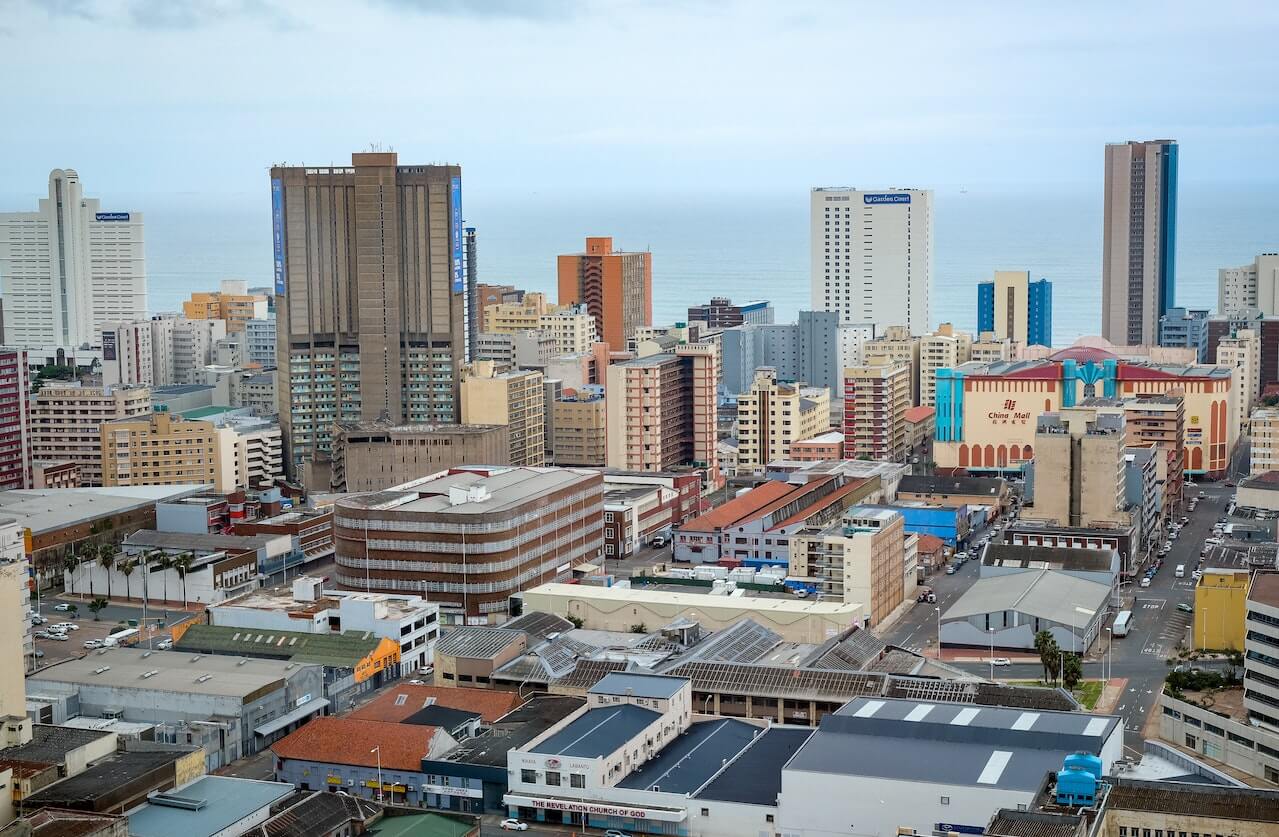

Agriculture and Food Security
Review of USAID Peanut CRSP Program
Arc Horizon recently participated in the 5-year review of the Peanut CRSP program. We determined the effectiveness and impact of the program in reducing hunger and poverty.
The CRSPS Program, through science and technology intervention, seeks to reduce hunger and poverty in Africa, the Caribbean, South America, and Central America. The program is funded through the Bureau for Food Security of USAID, U.S. and participating countries.
Caribbean Biomass Initiative
Background
The 23 Caribbean island countries with their 42 million inhabitants share a common history of colonization and agriculture that has shaped their economic, social and cultural development. The rise and fall of the sugar cane industry has been one of the most significant events in their long past. The decline of sugar cane production in the Caribbean began over one hundred years ago, and its legacy of millions of acres of abandoned and under-utilized cane land now presents promising opportunities to meet a variety of economic, social and environmental challenges.
The Challenges
Island nations are dependent on offshore oil and gas supplies for electrical generation. This, plus obsolete and aging generating assets, has led to some of the highest electricity costs in the world.
Island nations often struggle with infrastructure requirements: wastewater management, solid waste disposal, and disposal of organic waste by-products from industries such as distilleries. These alone often do not generate enough biomass to support a viable generating system but could be integrated successfully into a larger system.
Many islands have high unemployment, and are seeking job creation opportunities, especially enterprises that are compatible with the tourism industry.
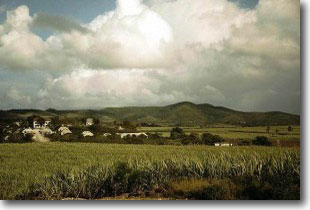
The Opportunities
- Biomass energy production on abandoned agricultural land in the Caribbean has been studied extensively. The general conclusion is that biomass energy can be sustainably grown, harvested, and delivered to dedicated energy facilities.
- Dedicated biomass plantations could effectively use wastewater effluent for irrigation, absorbing nutrients and reducing ocean discharge. Wastewater biosolids also could be land-applied as nutrient replacement.
- Vegetation and wood waste diverted from landfills could be used in conjunction with dedicated crops, thereby increasing the available biomass resource, and significantly reducing the amount being landfilled.
- When energy biomass is grown with food crops, both animal and vegetable, in agro-forestry applications, the land can yield multiple benefits while maintaining biodiversity and soil productivity.
- Biomass farming creates jobs for resident workers at various skill levels and on a continuous basis, while a functioning multi-faceted (wind, solar, biomass) renewable energy system could be the focus of eco-tourism and professional visitation.
A recent study conducted by Bioresource Management, Inc. showed that existing biomass resources could yield 10 MW or more of baseload generating capacity on the island of St. Croix, US Virgin Islands, a significant portion of the island’s baseload requirement, at a rate below avoided cost. A quick review of other islands shows similar capacities compared to populations and land areas. This has been confirmed by studies conducted by outside energy and governmental organizations.
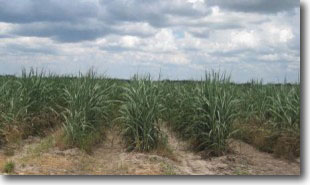
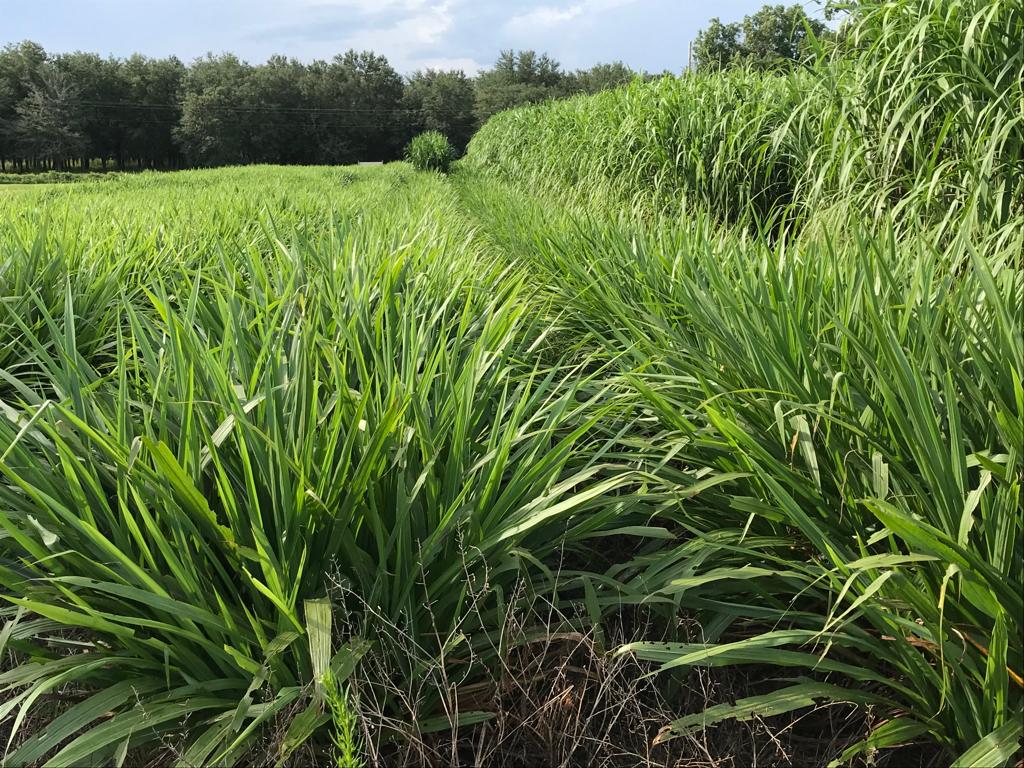
Capablilities
While each Caribbean island presents its unique set of problems and solutions, the actions needed for environmentally responsible and economically sound development of the biomass resource and its utilization infrastructure are basically similar. Caribbean islands with significant areas of abandoned cane-land have the potential for reliable, cost-effective, sustainable, locally based energy production.
Arc Horizon and Bioresource Management have recognized this potential and are developing alliances for many of the Caribbean islands with the highest potential for biomass energy as a sustainable complement to emerging solar, wind, and natural gas development.
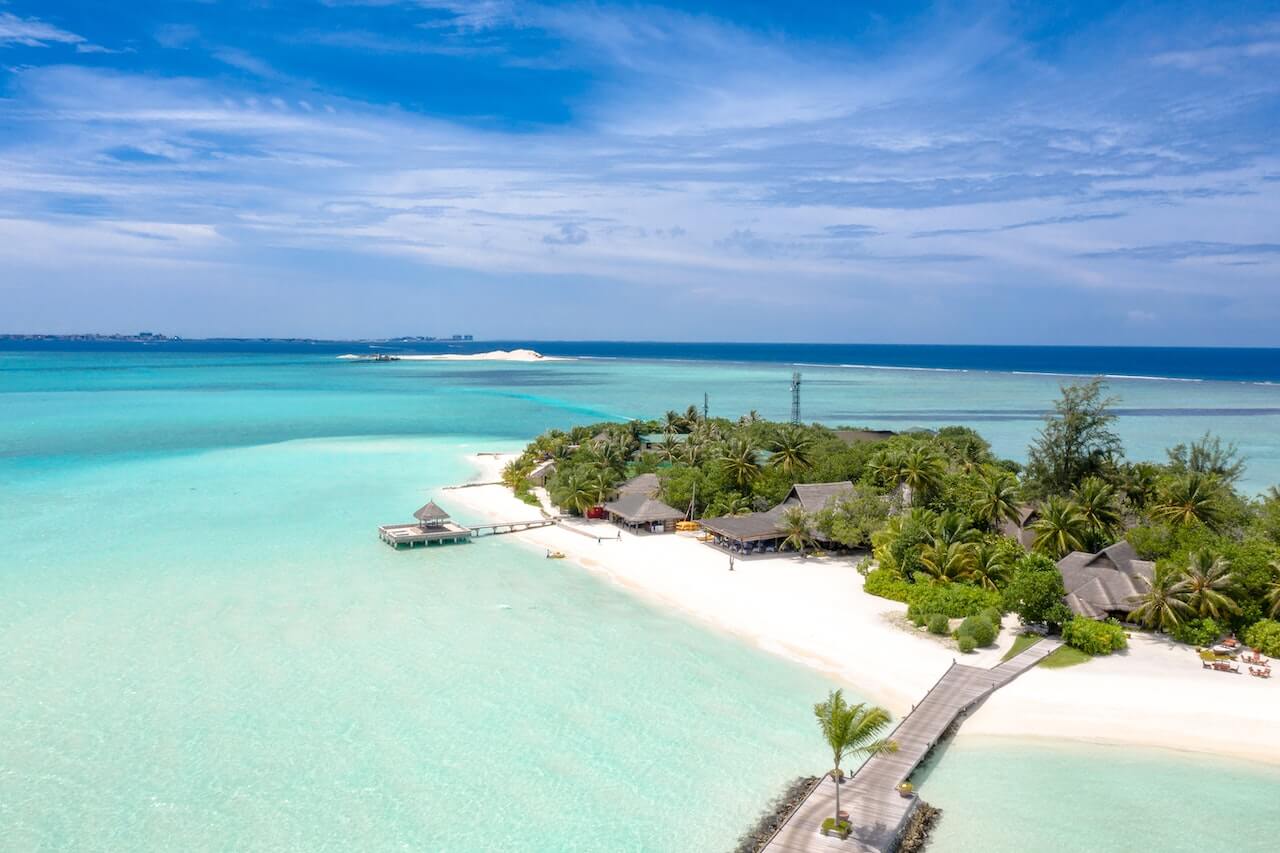
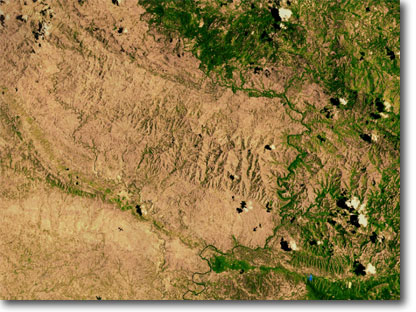
Reducing Soil Erosion in Haiti
In 1925, 60% of original forests covered the lands and mountainous regions in Haiti. To date, an estimated 98% of the original forest cover has been cut for charcoal and farming contributing to soil degradation. The pressure on cutting trees for firewood in Haiti will remain until alternative sources for cooking have been developed, an area of research that continues to elude scientists after decades of research. Arc Horizon in conjunction with Better Universe and Citizens is planting deep rooted perennial grasses to reduce erosion in Haiti.

